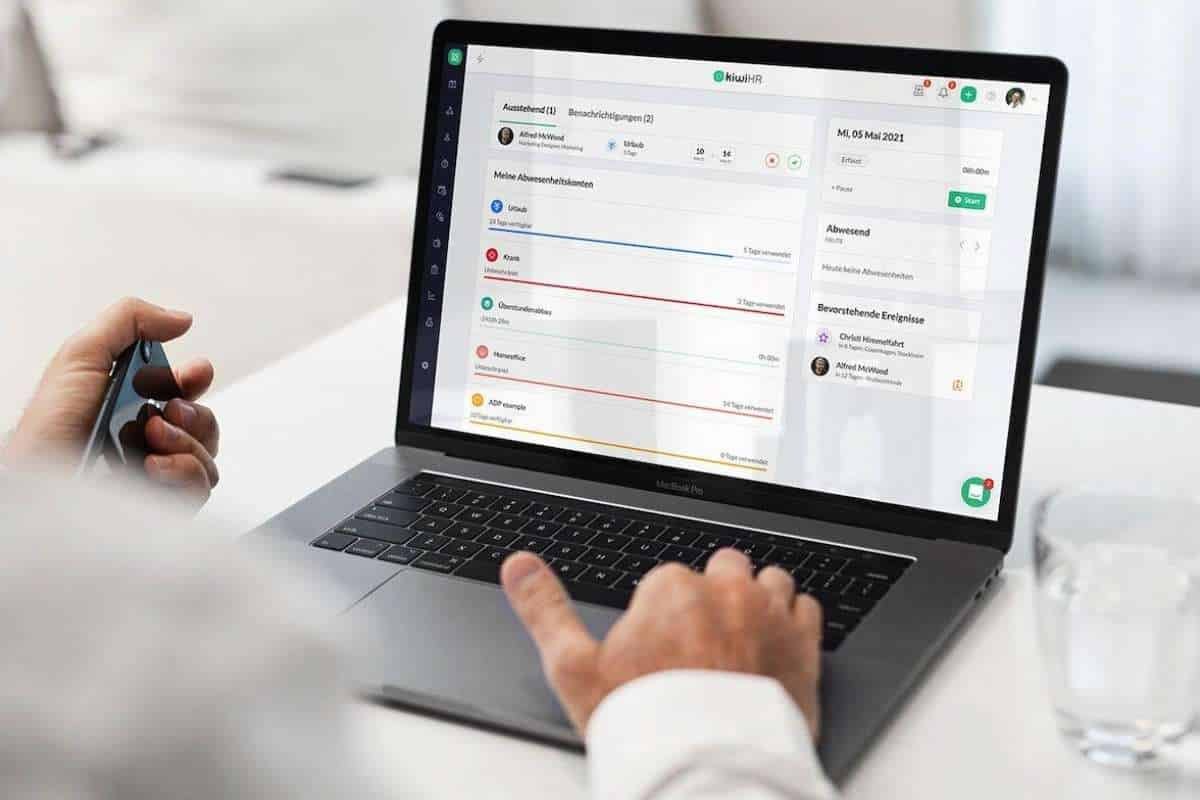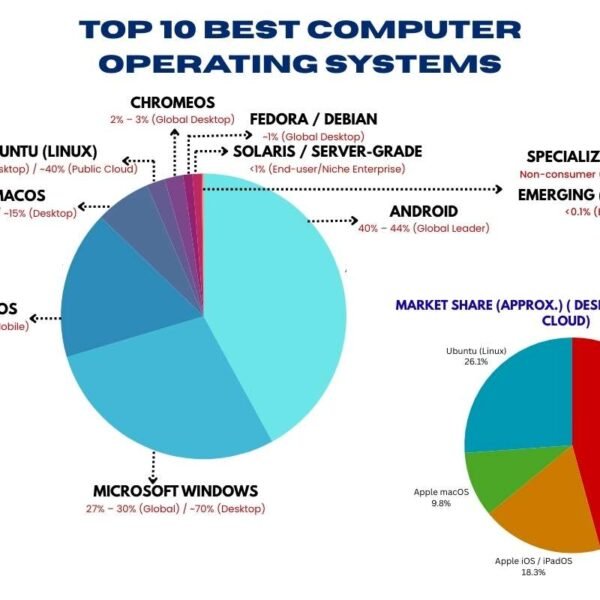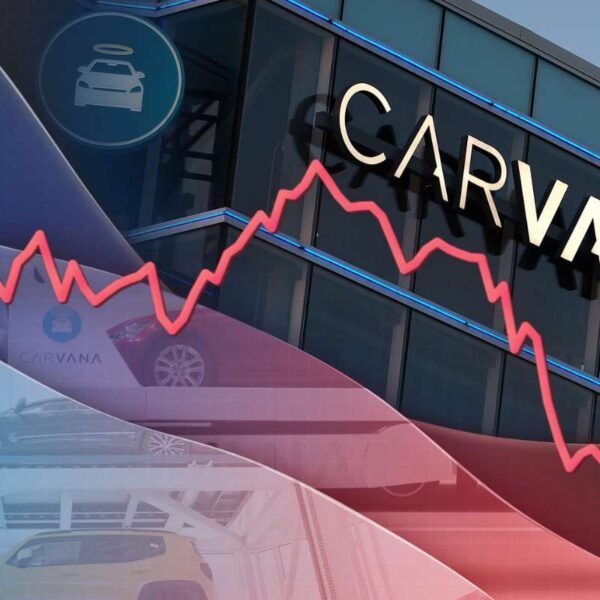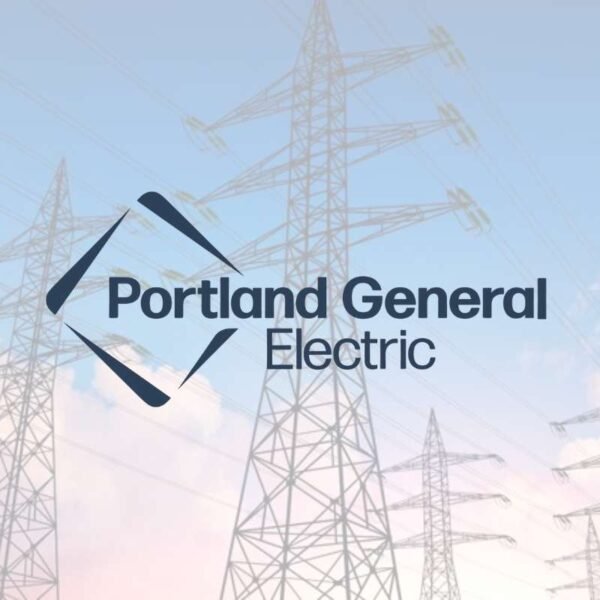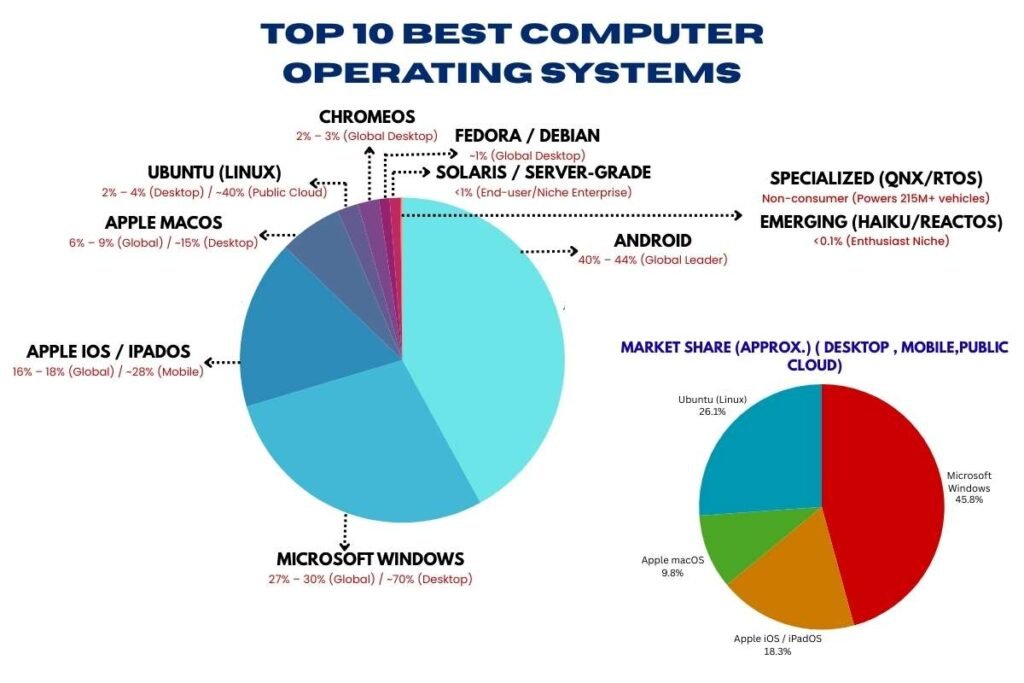As a business grows, administrative tasks like payroll, leave tracking, and employee records can quickly become overwhelming, diverting valuable time away from core operations. This shift from focusing on business growth to managing these essential but time-consuming functions is a common challenge. For many small business owners, HR management can feel like an overwhelming task. Hiring, compliance, benefits administration–it all adds up quickly. If you’re a small business owner dealing with this, you need to know about the best HR software for small businesses. It’ll handle all that hectic stuff for you. These tools make everything smooth, helping you focus on growth rather than drowning in spreadsheets. But with so many options available, how do you pick the right one?
This article will discuss these essential tools and help your workspace function effortlessly.
What Is HR Software for Small Businesses?
HR software is a digital tool designed to help businesses manage their human resources tasks efficiently. For small businesses, it’s a sundae. Instead of manually tracking employee records, payroll, time off, and performance, you can automate these processes with just a few clicks. The best HR software for small businesses not only saves time but also ensures compliance with labor laws and reduces the risk of payroll errors. When managing a team of five or fifty, having the right HR system can make your business more organized.
Types of HR Software for Small Businesses
HR software comes in different forms, depending on your business needs.
Here are the main types:
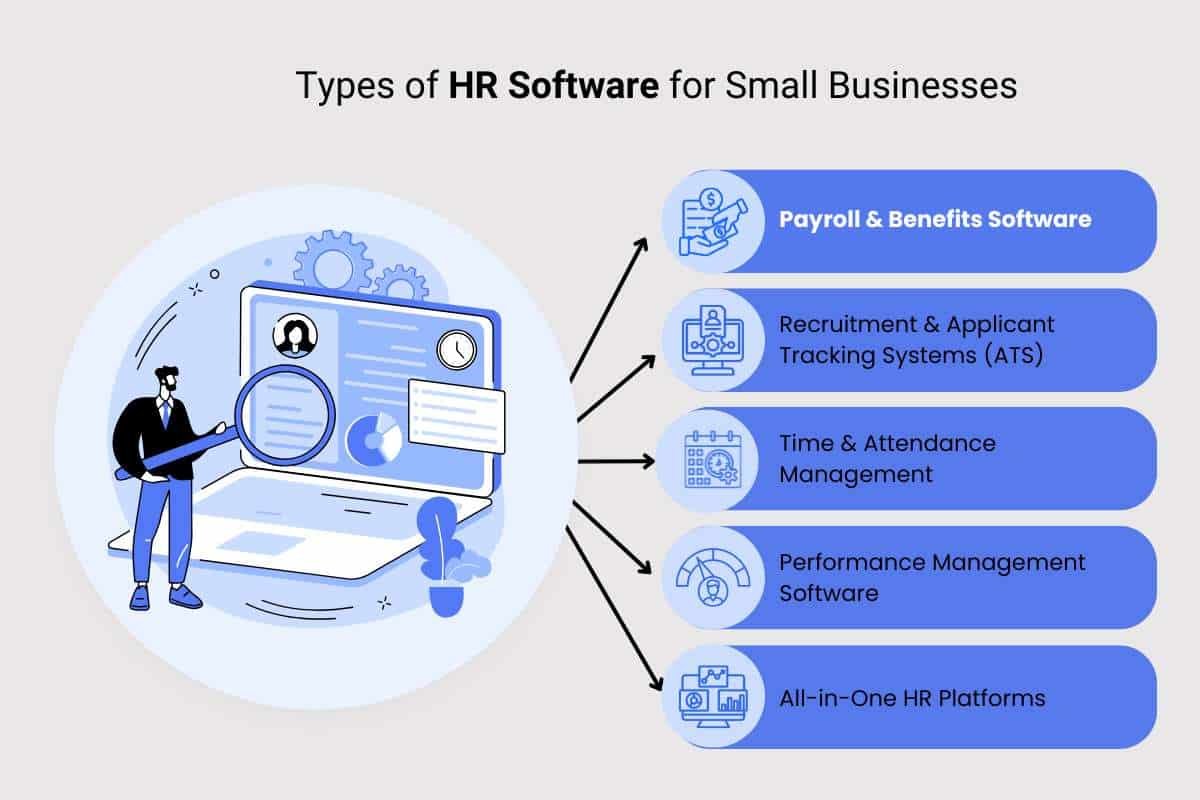
- Payroll & Benefits Software: Helps automate salary payments, tax calculations, and benefits administration.
- Recruitment & Applicant Tracking Systems (ATS): ATS simplifies hiring by organizing resumes, scheduling interviews, and managing candidates.
- Time & Attendance Management: Tracks employee hours, leaves, and shift schedules.
- Performance Management Software: Evaluates employee performance, sets goals, and manages feedback.
- All-in-One HR Platforms: Combines payroll, hiring, benefits, and compliance into one system.
6 Best HR Software for Small Businesses
Choosing the best HR software for small businesses can transform how startups handle payroll, hiring, benefits, and compliance. Whether you’re a new business trying to set up a structured HR system or a growing startup looking for automation to save time, the right HR software makes all the difference. Here are some top options that help small businesses streamline operations and create a more efficient workforce.
1. Gusto
One of the most popular choices for small businesses, Gusto offers payroll, benefits, and HR management in one platform. It’s user-friendly, affordable, and packed with automation features.
Key Features:
- Automated Payroll Processing – This handles tax calculations, direct deposits, and W-2 filings.
- Employee Benefits Management – Offers health insurance, retirement plans, and wellness programs.
- Time Tracking & PTO Management – Syncs work hours with payroll for accurate payments.
- Hiring & Onboarding – Digital offer letters and document management for new employees
2. BambooHR
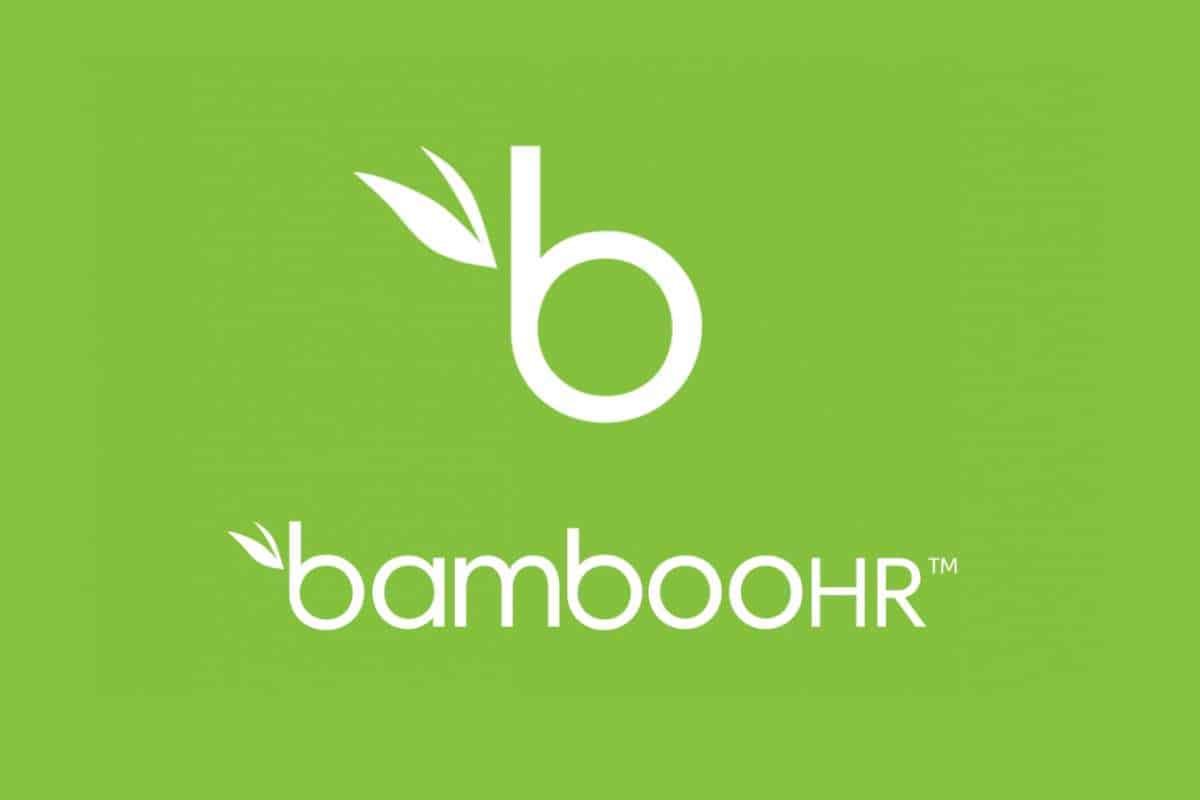
Great for startups looking for an intuitive system, BambooHR offers applicant tracking, performance management, and easy onboarding tools.
Key Features:
- Applicant Tracking System (ATS) – Streamlines recruiting with job postings and resume filtering.
- Employee Onboarding Tools – Digital document signing and structured onboarding checklists.
- Performance Management – Goal tracking and feedback tools to help employees grow.
- HR Reporting & Analytics – Custom reports on hiring trends and workforce data.
3. Zenefits
An excellent choice for companies that need an all-in-one HR solution, Zenefits handles payroll, benefits, and more.
Key Features:
- Comprehensive Payroll System – Automates tax filings, deductions, and payments.
- Benefits Administration – Manages health, dental, and retirement plans.
- Time & Attendance Tracking – Tracks work hours, PTO, and overtime.
- Compliance Management – Keeps businesses updated on labor laws and HR regulations.
Learn More: How to Calculate the Right Business Consultant’s Hourly Rate for Your Needs?
4. Rippling
Rippling is known for its integration with IT management, allowing you to handle HR and employee device management in one place.
Key Features:
- HR & Payroll Automation – Simplifies payroll, tax filings, and benefits management.
- Employee Device & Software Management – Automatically sets up work laptops and software access.
- Time Tracking & Attendance – Syncs employee hours with payroll.
- Global Payroll Support – Manages payments for remote teams and international employees
5. Paycor
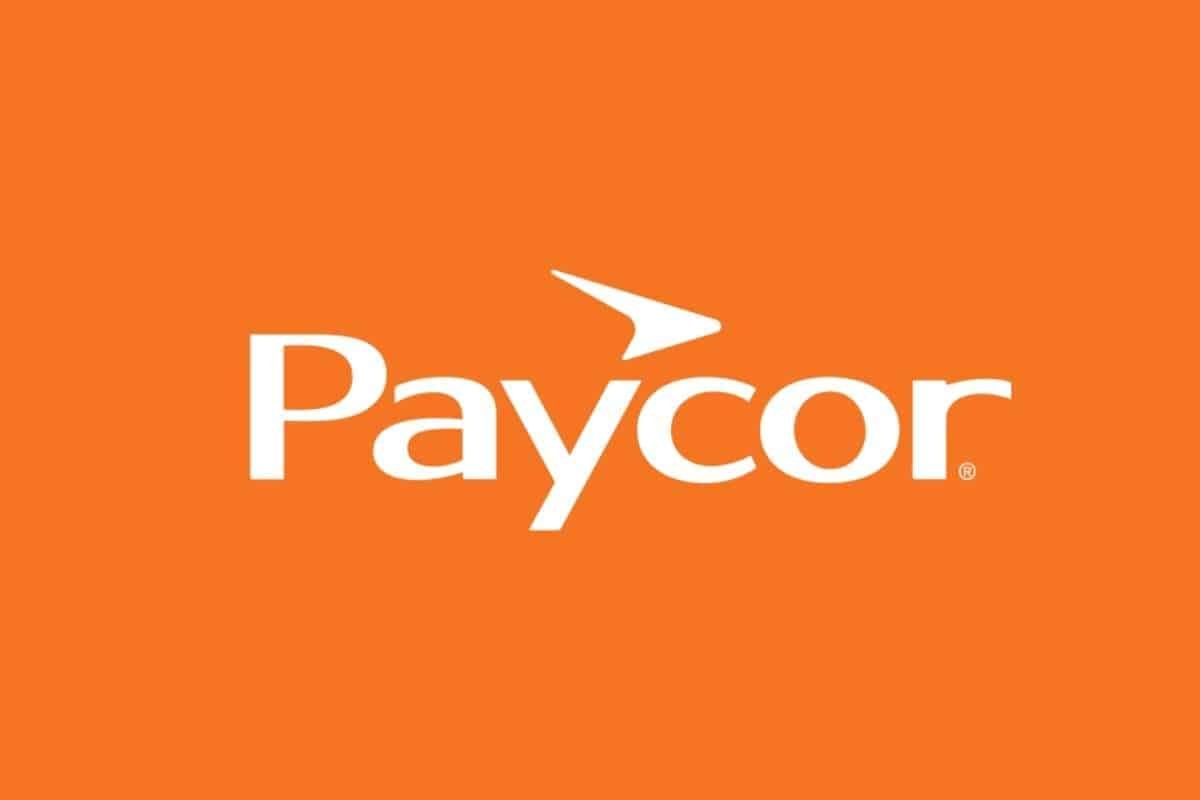
Designed for growing businesses, Paycor provides robust payroll and workforce management tools.
Key Features:
- Advanced Payroll System – Automates payroll tax filings and ensures compliance.
- Employee Scheduling & Time Tracking – Helps businesses manage shifts and work hours efficiently.
- HR & Benefits Administration – Simplifies employee benefits enrollment and tracking.
- Talent Development Tools – Includes performance reviews and employee engagement surveys.
6. Workday
Best for companies that need enterprise-level HR features, Workday is used by large businesses but also offers solutions for small enterprises.
Key Features:
- AI-Powered Workforce Planning – Predicts hiring needs and workforce trends.
- Performance & Talent Management – Helps businesses track employee growth and career development.
- Payroll & Benefits Integration – Automates salary processing and benefits administration.
- Real-Time HR Analytics – Provides insights into workforce productivity and efficiency.
Learn More: 10 Best Website Builders for Small Businesses: Find the Perfect Fit for Your Online Success
The Benefits of HR Software for Small Businesses
Implementing HR software is an advantage for small businesses, transforming how they handle their workforce. Automation of repetitive tasks significantly boosts efficiency, allowing teams to focus on strategic business goals rather than paperwork. Payroll errors, which can lead to dissatisfied employees and compliance issues, are minimized through automated calculations. Employee experience improves when they have access to self-service portals where they can check their payslips, request leaves, or update personal information.
Another major advantage is the ability to make better decisions through data analytics. HR software provides insights into workforce trends, helping businesses track productivity and performance. Scalability is another key benefit—many small businesses start with a handful of employees but grow over time. A flexible HR software solution ensures that as the team expands, the system can adapt without requiring a complete overhaul.
How Employee Management Software Benefits Small Businesses?
Beyond payroll and hiring, employee management software helps create a more structured and transparent work environment. With centralized employee information, HR professionals and managers can easily access records, track performance, and manage benefits. Improved communication between management and employees fosters a positive work culture, while performance tracking allows businesses to recognize top performers and provide necessary training for those who need improvement. Having an organized HR system also means better compliance with labor laws, reducing the chances of legal disputes. Many small businesses operate on tight budgets, and investing in employee management software can lead to cost savings by reducing the need for a large HR team and preventing costly payroll mistakes.
How do I start an HR plan for a startup?
Start by:
- Identifying your HR needs (hiring, payroll, compliance).
- Choosing the right HR software for automation.
- Establishing clear policies for hiring, leave, and benefits.
- Setting up employee records and payroll.
- Ensuring compliance with labor laws.
Learn More: The Best Free Invoice Generator for Freelancers and Small Businesses
What is the most used HR software?
Some of the most widely used HR software includes Gusto, BambooHR, ADP RUN, and Workday. These platforms are popular for their ease of use, automation, and comprehensive HR features.
Conclusion
Choosing the right software makes a huge difference in efficiency and employee satisfaction. The best HR software for small businesses ensures smoother operations, fewer errors, and a more engaged workforce. With the right system in place, small business owners can spend less time on paperwork and more time focusing on what truly matters: building a successful company.
FAQs
1. How much does the average HR system cost in the US?
HR software pricing varies. Small businesses can expect to pay anywhere from $5 to $20 per employee per month, depending on features. Some premium solutions can cost $50 or more per employee.
2. Which HR software is used by Microsoft?
Microsoft primarily uses Workday for HR management. However, they also integrate their own tools, like Microsoft Dynamics 365 Human Resources.
3. Are there different types of HR software that are suitable for small businesses?
Yes. Small businesses can choose from payroll software, recruitment tools, all-in-one HR suites, and performance management platforms, depending on their needs.

